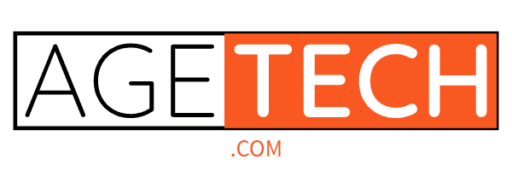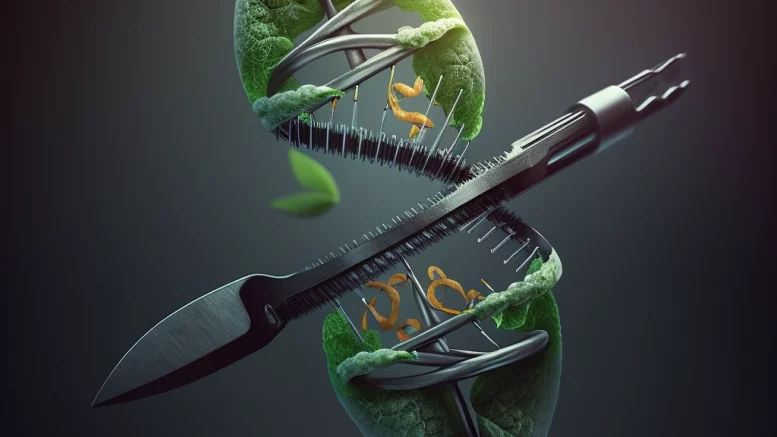For decades, scientists have dreamed of being able to edit the genetic code of living organisms, including humans. The idea of changing the building blocks of life has long been the realm of science fiction, with authors and filmmakers imagining a future where people can modify their genes to become stronger, faster, and smarter. However, recent advances in gene editing technology have made the idea of changing our own genetic code a reality.
Companies like Bluebird Bio and Oisin Biotechnologies are at the forefront of this new field, creating gene therapies that have the potential to treat and even cure complex genetic diseases. These therapies work by modifying the genetic code of a patient’s cells to correct or replace faulty genes.
Bluebird Bio’s gene therapy for beta thalassemia, called Zynteglo, uses a lentiviral vector to introduce a functional copy of the hemoglobin beta gene into a patient’s hematopoietic stem cells. The modified cells are then transplanted back into the patient, where they can produce functional red blood cells that can carry oxygen throughout the body.
Oisin Biotechnologies, on the other hand, is using a novel platform technology that uses gene therapy to target and eliminate senescent cells. Senescent cells are cells that have stopped dividing but remain active and can contribute to inflammation and other negative health effects associated with aging. Oisin’s technology uses a DNA construct that produces a protein called KillerRed, which can selectively induce apoptosis in senescent cells upon activation by light. The DNA construct is delivered using lipid nanoparticles (LNPs) developed by Entos Pharmaceuticals to deliver their DNA constructs to target cells.
What these companies are doing is essentially rewriting the code of living organisms. They are taking advantage of our growing understanding of genetics and the tools that have been developed to manipulate DNA. This has the potential to revolutionize medicine and significantly improve the quality of life for people around the world.
But this breakthrough also raises some big questions about the nature of humanity itself. If we have the ability to modify our own genetic code, does that mean that we are an actual artificial intelligence system? After all, isn’t the definition of an AI system one that can modify its own code?
The answer, of course, is more complicated than a simple yes or no. While it’s true that we can modify our own genetic code, there are still many factors that make us fundamentally different from a machine. We are more than just our genes – we are complex organisms with emotions, thoughts, and free will.
However, the ability to edit our own genetic code does give us a new level of control over our own destiny. It means that we have the power to fix the mistakes in our DNA that cause disease and suffering. It means that we can potentially extend our own lifespans and improve our quality of life in ways that were once unimaginable.
In the end, the ability to change our own genetic code is a critical key to unlocking our full potential as a species. It’s an exciting time to be alive, and we can’t wait to see where this technology takes us in the years and decades to come.Regenerate response

